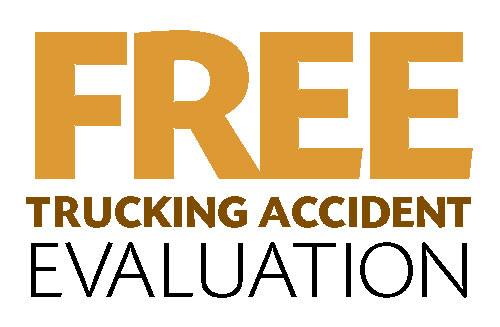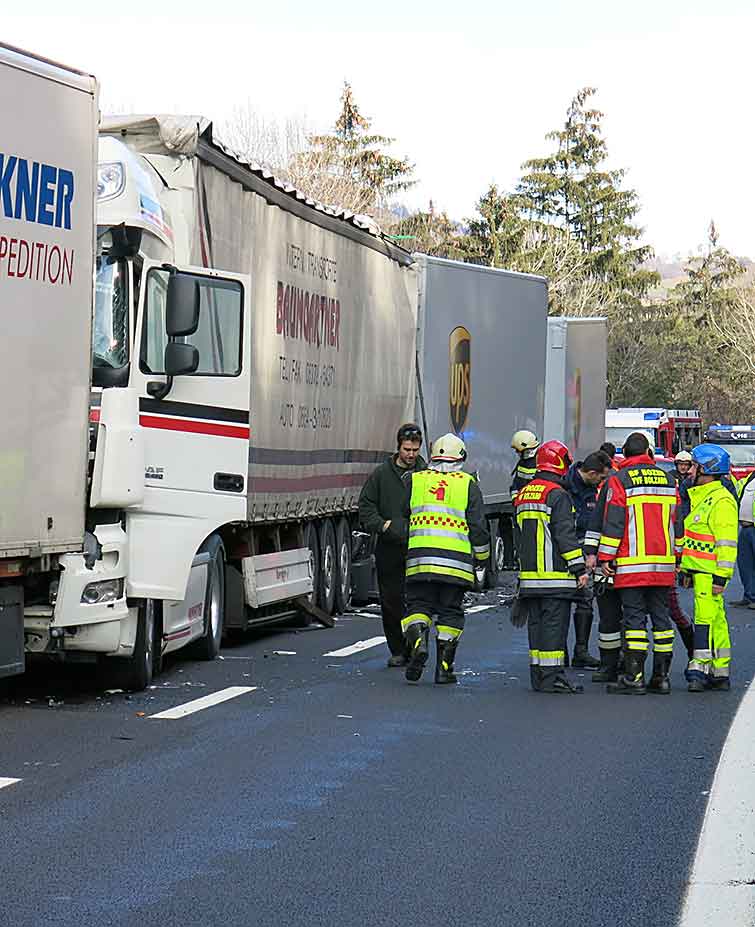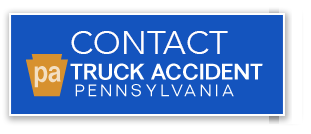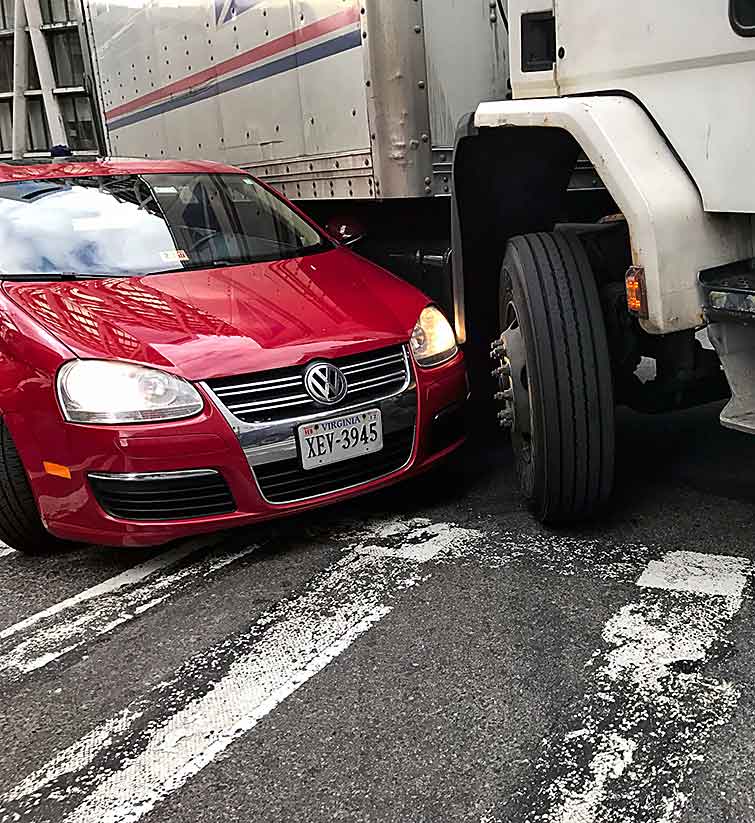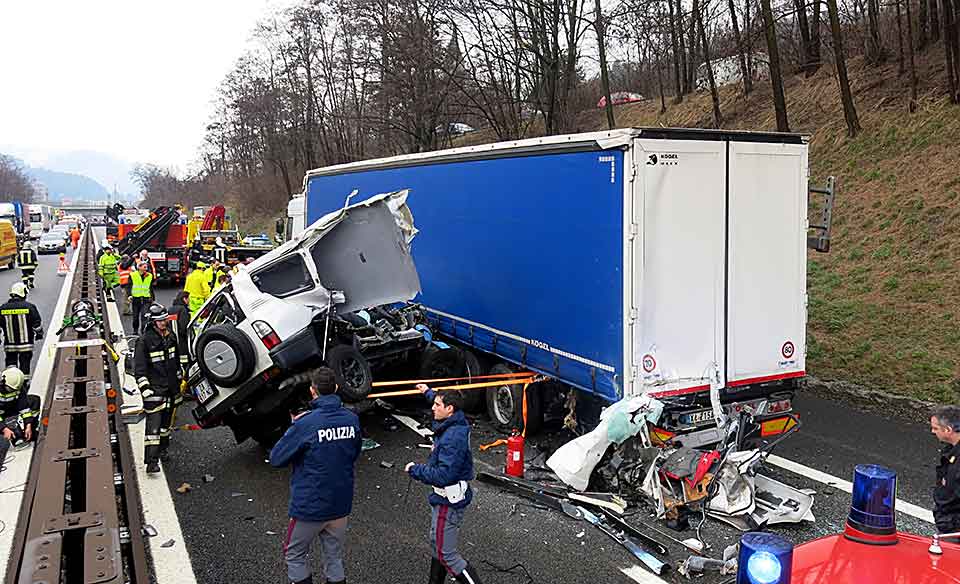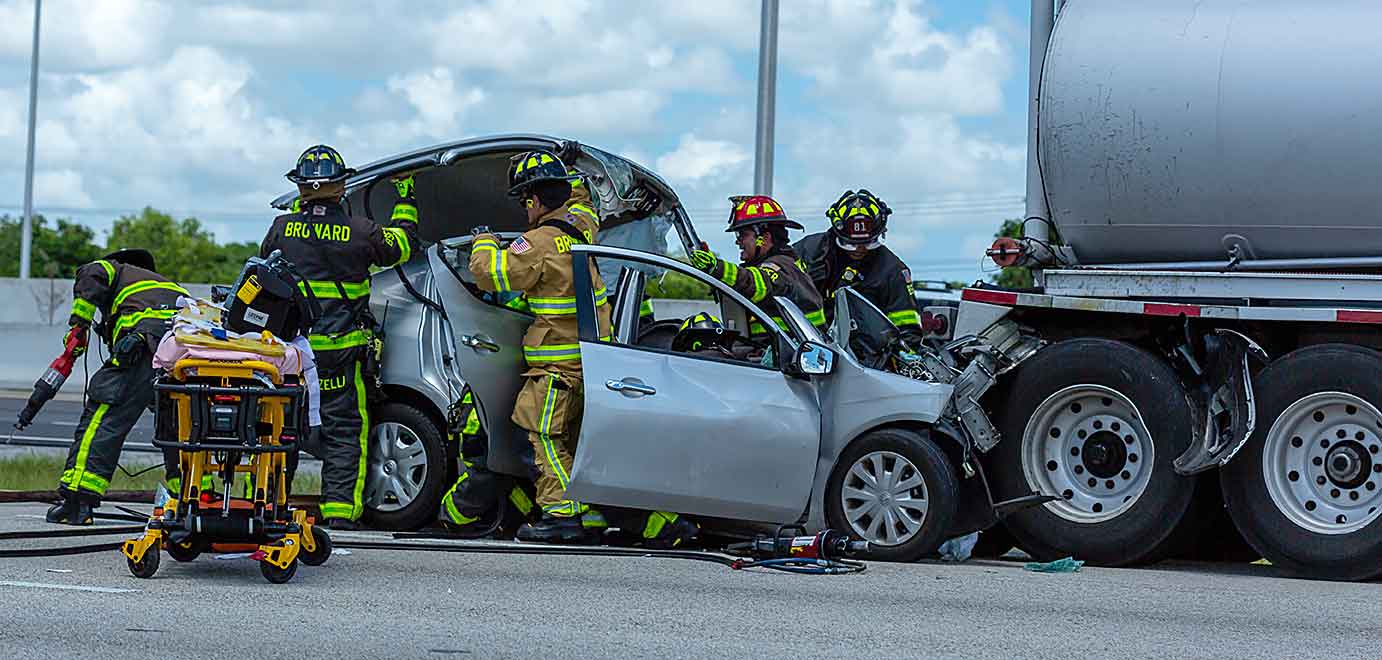Pennsylvania Truck Accident Injuries
Any traffic accident can cause serious or fatal injuries, but truck accidents are more likely than car accidents to cause catastrophic harm. While only 5% of Pennsylvania traffic accidents that cause an injury involve collisions with trucks, truck accidents account for 13% of all fatal traffic accidents.
Injuries and death usually correlate with the amount of force that a collision generates. Force is a function of speed and mass. A loaded eighteen-wheeler might weigh seventy or eighty thousand pounds. Most large truck accidents occur on highways and freeways. A semi traveling at highway speeds generates too much force for airbags and other passenger vehicle safety features to overcome.


